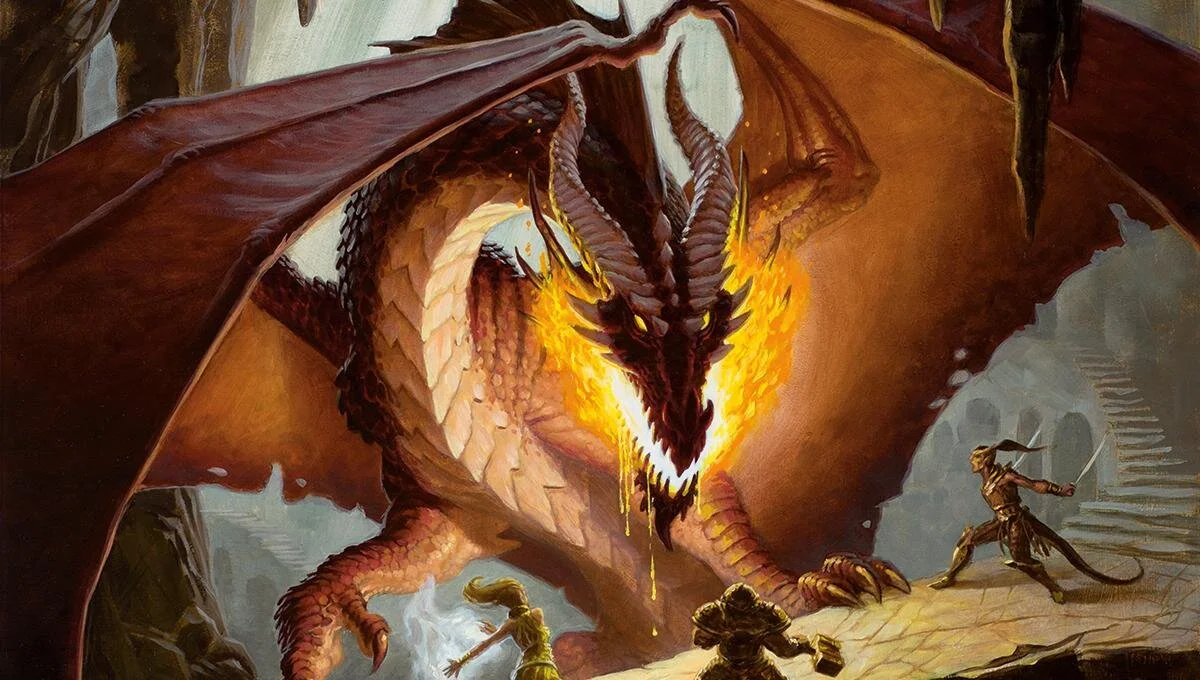Fighting the Flood
My heart was pounding from the second I woke up in my hotel room in Orlando.
I knew it was the day I’d be doing something I rarely ever do - flooding exposure - and like the name suggests, I was adrift in a sea of anxiety.
As a person with OCD, exposure therapy is a technique I’ve used to help me through many fears. It’s typically a long process - to get over a fear of hospitals, for example, I started by listening to sounds I might encounter in a hospital, like beeping machines; read stories in newspapers and online; watched documentaries; and finally, traveled to an actual hospital. The idea is that by working through these small steps, the end product doesn’t seem quite so scary.
Flooding exposure is an entirely different beast. It involves starting at the end, doing the scariest thing first, and allowing the anxiety to overflow - to flood - until you realize it’s not that bad after all.
Needless to say, flooding exposures are far more difficult to handle than regular exposures. Starting at the end of what’s supposed to be a long process for a reason can be traumatizing, and the experience isn’t for everyone, or every fear. Sometimes, it can even make things worse - and yet, I decided to do a flooding exposure on a recent family vacation.
I’ve been an emetophobe for as long as I can remember. Just the thought of vomiting makes me on edge. If my stomach does anything remotely abnormal, it can send me into a tailspin, even after over two decades of working on the fear in whatever ways I could come up with.
For many years, this fear has restricted what foods I feel I can eat, what activities I prefer to do, and more - but this vacation, I decided to take the plunge and do something I’ve never done before: go on a roller coaster.
And, oh yeah, did I mention I’ve also been afraid of heights ever since an ill-fated encounter with a zipline in my early teens?
It’s basically a recipe for disaster: going up and up and up until you can’t go up anymore, then having that sinking feeling in your gut (the same one that happens right before you throw up) and then your gut plummets for real, and fears can quickly turn into reality…
And yet, some part of me wanted to do it. I was terrified, sure, but it seemed to me like if I could do an exposure like this, I’d be dealing a significant blow to a fear that’s held me in its clutches for far too long. Not to mention, I had a bet with Dad that if I did it, he’d treat me to a fun souvenir. If I chickened out, I’d owe him the money for it instead. Unwilling to lose, I dove into my research.
I picked the coaster carefully - not the giant one that Dad claimed was the only “real” roller coaster in the park, but an indoor one where I wouldn’t be able to see the big drops and might be able to imagine something else. I tried to pick one with a good story, hoping that might jolt me out of my fear for even a moment.
And before, I did what I could to plan. I told my family and friends - my support system - what I was going to do. Some were helpful, and others - who told me that this specific ride made them nauseous - set me off again and again. I began to debate if this was more trouble than it’s worth.
I took a long time debating whether I should eat or drink anything beforehand, and eventually ended up listening to a friend who told me that an empty stomach would be as bad as a full one. I nibbled on a little bread and a protein bar, and added an anti-nausea pill for good measure.
And then, the moment finally arrived. The park was just opening - I was determined to do this first so I wouldn’t be thinking about it all day - and there was barely any line. Dad and I moved quickly, only pausing to read a sign by the actual entrance.
“WARNING,” the sign blared in huge letters. “This ride is a high-speed roller coaster” said the sign, and oh good Lord, am I really doing this?
“that has sudden and dramatic acceleration and dropping.” ... Yeeeep, Dad was lying, this is a real roller coaster
“The movement of the vehicle also includes spinning” like that ride I went on once as a kid with my dad and uncle and I was nauseous and terrified all afternoon
“sudden stops, and strong tilting and jarring actions.” Yes, part of me knows this language is legally required, but they wouldn’t say it if they don’t mean it…
And before I knew it, I was walking past the sign, past the exhibits that told you the story, and then a car (an honest to God roller coaster car on actual tracks) rolled up.
Dad and I were placed in the first row. Was that good? Bad? I had no idea whatsoever. I just clambered in as best as I could, clutching my phone for dear life, wishing I could hold something more substantial (like the teddy bear I brought, who was sitting in the purse I had to leave in a locker by the entrance).
Only real roller coasters have lockers, I whispered to Dad as a lap bar came down. Only real roller coasters have lap bars. The selfie we took before the ride started showed a huge smile from him and a terrified face for me.
I wished, in that moment, that I could stop the ride, go to YouTube and listen to sounds of roller coasters and watch some videos and not have it be me on that ride at that moment, but the car kept rolling, and we slowly began to go up.
The ride came in flashes: the car spinning so I can see the one behind me; the shouts of jubilation mixed with screams and at least some of those are mine; the way my hand tightens on my phone and the other tightens in Dad’s hand, which he will later joke went purple from the pressure; those blessed few moments where the car would slow down or even stop for a bit of story before hurtling off again. The time when the ride goes dark and the car just drops and I can feel it in my whole body and question everything, was my preparation enough, was I about to…
Eventually, the ride slowed, and the car re-emerged into the space where more riders waited. I unclenched my hand from Dad’s as the lap bar raised, and my shaky legs stood. My steps grew more confident. I’d been thinking, worrying, planning, fretting, everything for weeks and I’d finally done it!
I grabbed my purse back out of the locker, making for the souvenir shop as I stepped back out into the sunshine. I walked right past the conveniently-placed trash can, not feeling the need to throw up that morning, or any other time that day. I smiled as if I knew I could have done it all along, as if my bravery was more than the need for competition and the determination to prove that I could be the winner.
Souvenir in hand, I knew the day’s score - Ellie: 1, OCD: 0!
Ellie, a writer new to the Chicago area, was diagnosed with OCD at age 3. She hopes to educate others about her condition and end the stigma against mental illness.






